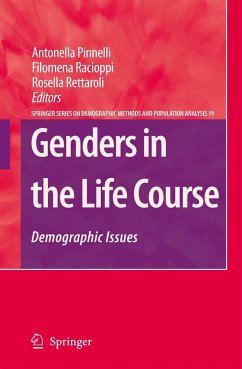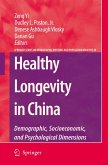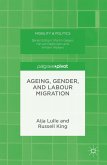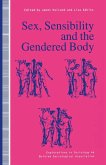Although both demography and gender relations have been the focus of research for quite some time, the intersection of gender studies and demographic analysis is a more recent phenomenon. Fortunately, gender aspects of dem- raphy and demographic aspects of gender are two lines of research that have received increased attention in recent years, there is a growing group of researchers active in this area, and consequently, a growing body of publications of different kinds. Despite this, books treating the topic of gender and demography in a more comprehensive fashion are rare. In fact, I can think of few examples since the publication of two edited volumes in the first half of the 1990s, namely Women's position and demographic change and Gender and family change in industrialized countries, both resulting from the activities of the International Union for the Scientific Study of Population. The editors of the current volume are therefore to be congratulated for taking the initiative to produce a much needed volume on gender and demography in developed countries (with a focus on Europe). The book covers a lot of ground, from the age at first int- course over union formation and union dissolution to excess male mortality, and report important findings of empirical research, mostly based on comp- ative data from a number of European countries. The source of these comp- ative data is, in most cases, the Family and Fertility Surveys (FFS) carried out in the 1990s.
From the reviews:
"This volume ... is a most welcome contribution to the research literature. ... This book could grace any sociologist's book shelf. It would strongly benefit demographers to be exposed to these fine-grained analyses ... . It is also useful to comparative international research. The sophistication of the analytical approaches ... could be useful in a senior demography course, or certainly in a graduate course." (Susan A, McDaniel, Canadian Studies in Population, Vol. 36 (1-2), Spring/Summer, 2009)
"This volume ... is a most welcome contribution to the research literature. ... This book could grace any sociologist's book shelf. It would strongly benefit demographers to be exposed to these fine-grained analyses ... . It is also useful to comparative international research. The sophistication of the analytical approaches ... could be useful in a senior demography course, or certainly in a graduate course." (Susan A, McDaniel, Canadian Studies in Population, Vol. 36 (1-2), Spring/Summer, 2009)









